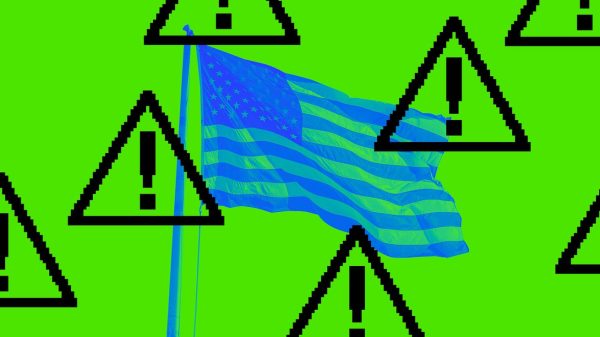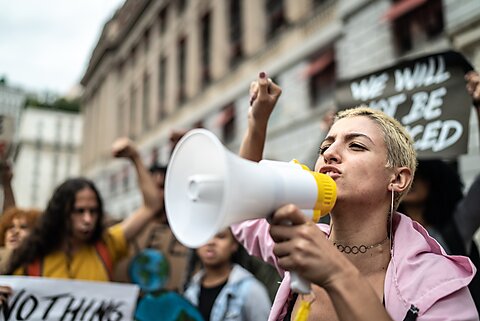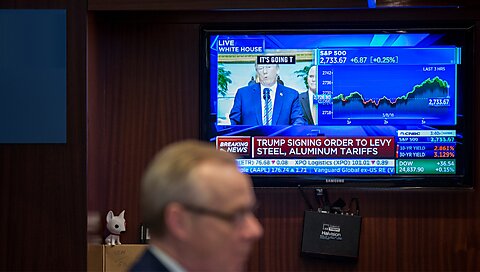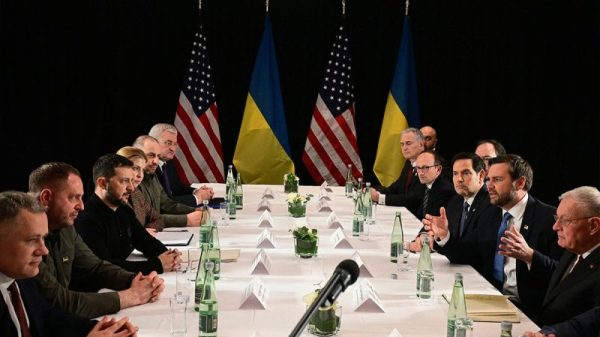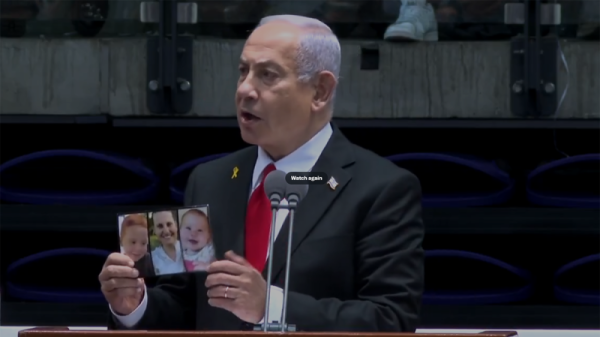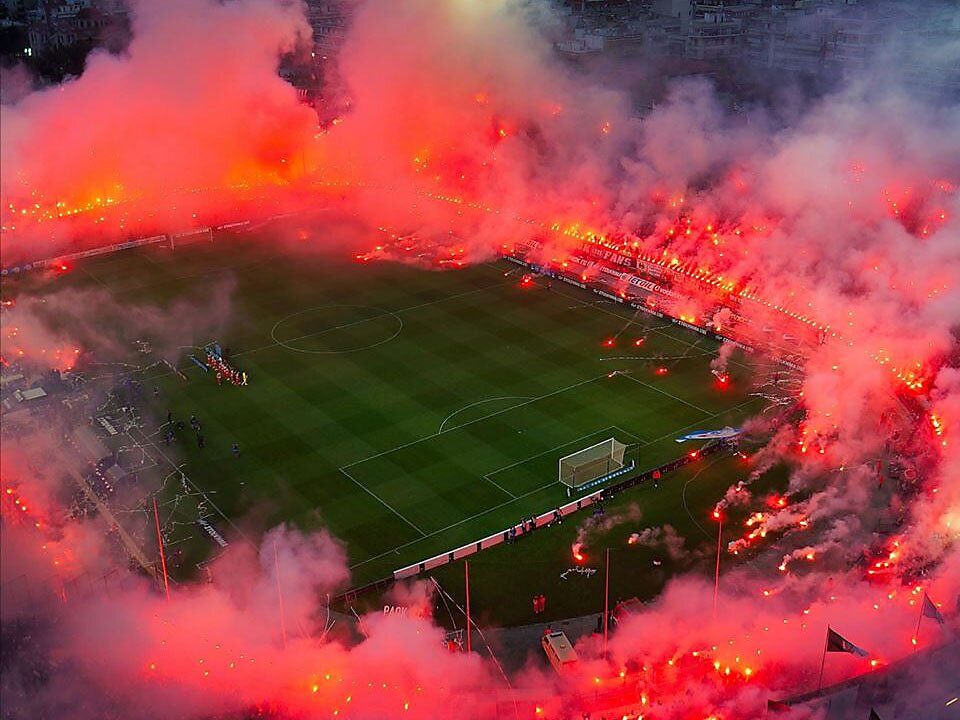
As the world rang in the new year, a terrorist attack shook New Orleans to its core, taking the lives of fourteen innocent people and wounding at least thirty-five more. Revelers on Bourbon Street, known for its laid-back, party-like atmosphere, encountered an individual “hell-bent on causing mass carnage,” in the words of Mayor LaToya Cantrell. Later that same morning, a man detonated a Tesla Cybertruck outside the Trump Hotel in Las Vegas. Both perpetrators crossed state lines in the process of committing their crimes, both used explosives, and both served in the US Army. Both were heinous crimes that left a wake of destruction in their paths.
Juxtapose that with an ongoing federal case in Florida. Those familiar with soccer know that pyrotechnics—including flares and smoke bombs—have long been a prominent feature of the sport and are used by fans to express support for their team and drum up enthusiasm from the crowd. In February 2024, Giovanni Isai Ramirez Reyes lit two flares at an Orlando stadium while attending an Orlando City soccer game. Both flares were extinguished within a minute, and although a child reportedly suffered superficial burns that did not require medical attention, the fire department was never even called. And the match continued uninterrupted.
But the US Department of Justice nevertheless decided to charge Reyes with arson for leaving scorch marks on aluminum bleachers—a federal “crime” for which he now faces a seven-year mandatory minimum prison sentence.
Relentless overcriminalization has allowed prosecutors to bring the full weight of the government to bear on people whose conduct is just barely, if at all wrongful, in the sense that it presents genuine harm to other people. As Justice Gorsuch notes in his recent book, “[c]riminal laws and longer sentences are not the solution to every problem.” Also, some “crimes” are so inconsequential that they are unworthy of a court’s consideration and merit some other societal response than a full-blown prosecution.
Reyes’s case implicates a significant and deliberate limitation on federal power. Our federal government is one of enumerated powers and—notwithstanding its spendthrift ways—finite resources. Why the federal government has any lawful or practical business prosecuting the alleged misuse of a flare at a soccer game in Florida is unclear.
Arson is a quintessentially state-law crime, and nothing in the Constitution expressly empowers the US government to make it a federal crime as well. Florida officials have the ability to charge Reyes pursuant to state law, should they deem criminal prosecution appropriate—as they did last month in a similar incident where the same US attorney’s office did not file federal charges.
To the extent the federal government has lawful jurisdiction over potential terrorist acts like those in New Orleans and Las Vegas (there is footage of the New Orleans perpetrator planting at least two IEDs before launching his attack that thankfully did not detonate), prosecutorial and investigative resources should prioritize preventing these types of attacks and swiftly bringing those responsible to justice. Likewise, precious judicial resources should be reserved for cases that truly merit a court’s attention.
Reyes has asked a federal judge to make a pretrial determination that the term “damages” in the statute incorporates the common law de minimis rule, which prevents the law from intervening in trivial matters. Pursuant to the de minimis rule, Reyes has asked the judge to dismiss his indictment, arguing that the plain meaning of the word “damages” requires a loss of something’s value or usefulness, which the government has not been able to show.
Before, during, and after America’s Founding, it was widely understood that criminal juries played a vital injustice-preventing role. The historic conception of criminal juries was in part to assess both the wisdom and fairness of a given prosecution. This included the power to acquit a factually guilty defendant against the evidence in the interest of justice. Today, however, criminal jurors have been relegated to the role of mere fact finders.
The profound injustice the US government has orchestrated against Reyes illustrates precisely why restoring the criminal jury to its historic injustice-preventing role is so essential. Should Reyes’s case proceed to trial, it is doubtful that a Founding-era-informed jury—i.e., aware of the fact that a conviction would result in at least a seven-year mandatory minimum sentence—would vote to convict because that sentence is so grossly disproportionate to what Reyes actually did and the de minimis harm he caused.
Thus, it’s a safe bet prosecutors will do everything in their power to ensure the jury remains ignorant of the draconian punishment the system will inflict on Reyes if they convict and of the fact that the judge will be powerless to do anything about it.



